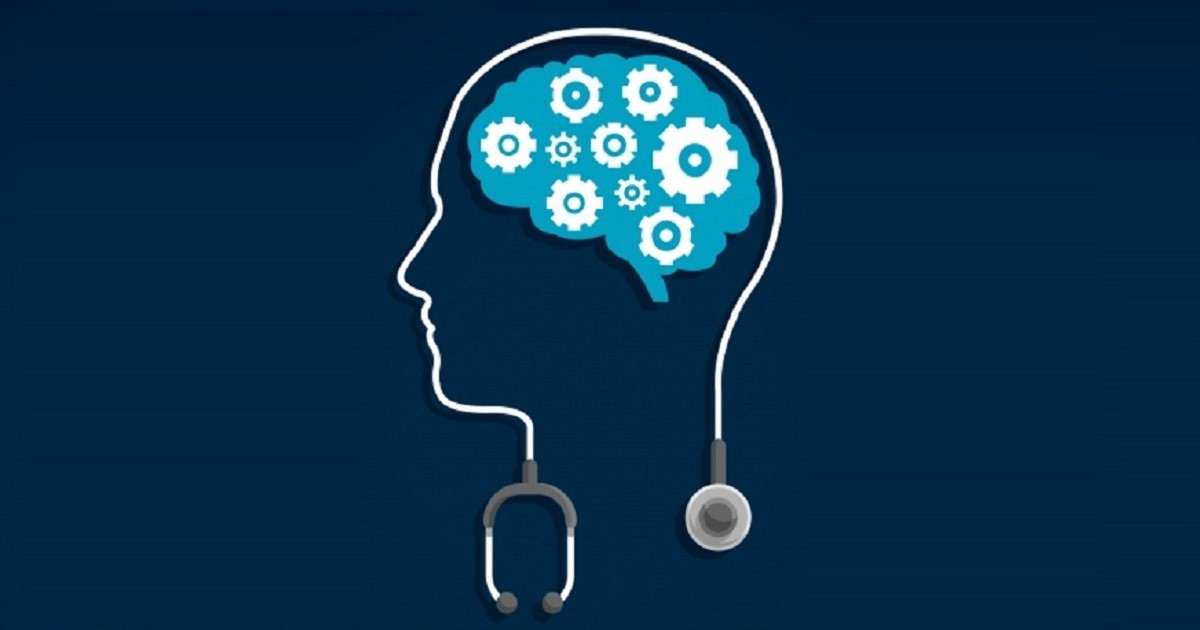
In recent years, there has been a significant shift in the healthcare landscape, placing a stronger emphasis on mental health as an integral part of holistic care. This paradigm shift acknowledges that mental health is not an isolated component but a crucial element intertwined with physical, emotional, and social well-being. The growing importance of mental health in holistic care is reshaping how healthcare providers approach patient treatment, promoting a more comprehensive and compassionate model of care.
Understanding Holistic Care
Holistic care is an approach to healthcare that considers the whole person, rather than just focusing on specific symptoms or illnesses. This model of care emphasizes the interconnectedness of the body, mind, and spirit, and seeks to address all aspects of a person’s well-being. Holistic care is rooted in the belief that optimal health is achieved through the balance of physical, emotional, mental, and social factors.
Traditionally, healthcare systems have prioritized physical health, often neglecting the mental and emotional components. However, research and clinical practice have increasingly demonstrated that mental health plays a critical role in overall health. The integration of mental health into holistic care is now seen as essential for achieving true wellness.
The Interconnection of Mental and Physical Health
The relationship between mental and physical health is complex and bidirectional. Mental health disorders, such as depression, anxiety, and stress, can have profound effects on physical health. For instance, chronic stress is known to weaken the immune system, making individuals more susceptible to infections and illnesses. Similarly, depression has been linked to various physical health problems, including heart disease and diabetes.
Conversely, physical health conditions can impact mental health. Chronic illnesses, such as cancer, diabetes, and chronic pain, often lead to psychological distress and mental health disorders. Patients dealing with long-term physical health issues may experience feelings of hopelessness, anxiety, and depression. Therefore, addressing mental health is crucial for the effective management of physical health conditions.
The Role of Mental Health in Holistic Care
Incorporating mental health into holistic care involves recognizing and addressing the psychological, emotional, and social factors that contribute to a person’s overall well-being. This approach requires healthcare providers to adopt a more patient-centered and empathetic perspective, considering the individual’s unique experiences and circumstances.
Comprehensive Assessment
A holistic care model begins with a comprehensive assessment of the patient. This assessment goes beyond physical examinations to include evaluations of mental and emotional health. Healthcare providers may use screening tools to identify symptoms of depression, anxiety, and other mental health disorders. Understanding the patient’s mental state is essential for developing a personalized treatment plan that addresses all aspects of their health.
Integrated Treatment Plans
Holistic care involves creating integrated treatment plans that address both physical and mental health needs. For example, a patient with chronic pain may benefit from a combination of medical treatments, physical therapy, and psychological support. Cognitive-behavioral therapy (CBT) can be effective in helping patients manage pain by changing negative thought patterns and behaviors. Similarly, mindfulness-based stress reduction (MBSR) techniques can help patients cope with stress and improve their overall well-being.
Collaborative Care
Effective holistic care requires collaboration among healthcare providers from various disciplines. This interdisciplinary approach ensures that patients receive comprehensive care that addresses all aspects of their health. Mental health professionals, such as psychologists and psychiatrists, work alongside primary care physicians, nurses, and other specialists to provide coordinated care. This collaborative effort enhances the quality of care and improves patient outcomes.
Patient Education and Empowerment
Educating patients about the importance of mental health and its impact on overall well-being is a key component of holistic care. Patients need to understand that mental health is just as important as physical health and that seeking help for mental health issues is a sign of strength, not weakness. Empowering patients with knowledge and resources enables them to take an active role in their own health and well-being.
Preventive Care
Holistic care emphasizes the importance of preventive measures to maintain mental and physical health. This includes promoting healthy lifestyle choices, such as regular exercise, balanced nutrition, adequate sleep, and stress management techniques. Preventive care also involves early identification and intervention for mental health issues, which can prevent the progression of disorders and reduce the burden on healthcare systems.

The Benefits of Integrating Mental Health into Holistic Care
The integration of mental health into holistic care offers numerous benefits for patients and healthcare providers alike.
Improved Patient Outcomes
Addressing mental health as part of holistic care leads to better patient outcomes. Patients who receive comprehensive care that includes mental health support are more likely to adhere to treatment plans, manage their conditions effectively, and experience improved quality of life. For example, patients with diabetes who receive mental health support are better equipped to manage their blood sugar levels and reduce the risk of complications.
Enhanced Patient Satisfaction
Patients who feel that their mental health needs are being addressed report higher levels of satisfaction with their care. When healthcare providers take the time to listen to patients’ concerns and provide empathetic support, patients feel valued and understood. This positive patient-provider relationship fosters trust and encourages patients to engage more actively in their own care.
Reduced Healthcare Costs
Integrating mental health into holistic care can lead to cost savings for healthcare systems. By addressing mental health issues early and providing comprehensive care, healthcare providers can prevent the escalation of conditions and reduce the need for costly interventions. For example, managing depression in patients with chronic illnesses can reduce hospitalizations and emergency room visits.
Holistic Well-Being
Ultimately, the goal of holistic care is to promote holistic well-being. By addressing the interconnectedness of mental, physical, emotional, and social health, holistic care helps individuals achieve a state of balance and harmony. This approach recognizes that true health is not merely the absence of disease but the presence of overall well-being.
Conclusion
The growing importance of mental health in holistic care reflects a more comprehensive and compassionate approach to healthcare. By recognizing the interconnection between mental and physical health, healthcare providers can offer more effective and patient-centered care. The integration of mental health into holistic care not only improves patient outcomes and satisfaction but also contributes to the overall well-being of individuals and communities. As the healthcare landscape continues to evolve, the emphasis on mental health in holistic care will play a crucial role in shaping a healthier and more resilient society.










